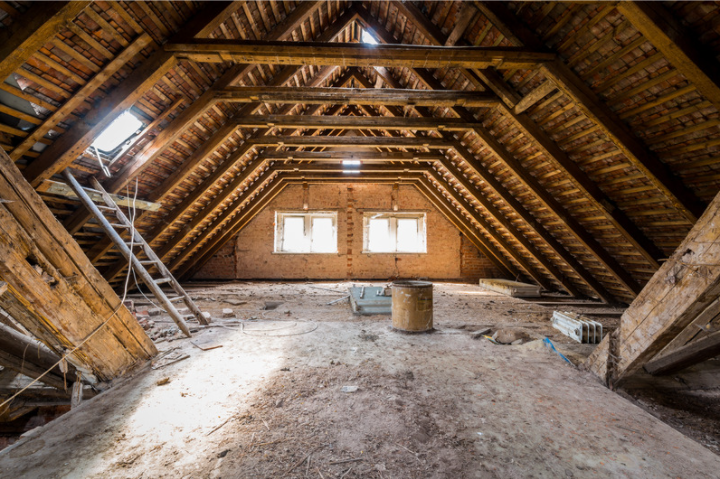In today’s world, ensuring clean indoor air quality is more important than ever. For homeowners and real estate developers, understanding how to clean indoor air quality can make a tremendous difference in creating a healthy living environment. We are delighted to unveil some technology tips and strategies that can help you achieve this goal. Lets dive deep into this terrific topic and explore ways to improve the air quality in your homes and properties.

The Importance of Clean Indoor Air
Clean indoor air is essential for good health. Poor air quality can lead to respiratory problems, allergies, and other health issues. Real estate developers should prioritize clean indoor air to ensure their properties meet health and safety standards and offer a comfortable living environment for occupants.

Technology to Monitor Air Quality
Using technology to monitor air quality is a great way to keep tabs on pollutants and take appropriate action. Devices like air quality monitors can track levels of contaminants and alert you when they reach unhealthy levels. These devices are essential for maintaining a healthy indoor environment.
Popular Air Quality Monitoring Devices
Some popular air quality monitoring devices include:
- IQAir AirVisual Pro
- Airthings Wave Plus
- Awair Element

Air Purification Systems
Installing an air purification system is another terrific way to improve indoor air quality. Air purifiers can remove a wide range of pollutants, including dust, pet dander, and volatile organic compounds (VOCs).
Types of Air Purifiers
There are several types of air purifiers available:
- HEPA Filters: These filters can capture 99.97% of particles as small as 0.3 microns.
- Activated Carbon Filters: Efficient at removing odors and chemicals.
- UV-C Light: Eliminates bacteria, viruses, and mold spores.
Ventilation Strategies
A well-ventilated home ensures a constant flow of fresh air, which is crucial for maintaining good indoor air quality. Here are some effective ventilation strategies:
Natural Ventilation
Opening windows and doors allows fresh air to circulate and helps reduce indoor pollutants.
Mechanical Ventilation
Mechanical ventilation systems, such as exhaust fans and air exchangers, can improve air quality by removing stale air and bringing in fresh outdoor air.
Maintaining HVAC Systems
Regular maintenance of HVAC systems is critical for ensuring clean indoor air. Replace filters regularly and have the system inspected by a professional to keep it running efficiently.
Using Indoor Plants
Indoor plants can be a natural way to improve air quality. Plants like spider plants, snake plants, and peace lilies can help remove toxins from the air.
Addressing Mold and Moisture
Controlling mold and moisture is essential for maintaining good indoor air quality. Use dehumidifiers in damp areas and address any leaks promptly to prevent mold growth.
Reducing Indoor Pollutants
Minimizing the use of products that release toxins, such as certain cleaning products and paints, can help reduce indoor pollutants. Opt for low-VOC products whenever possible.
Implementing Low-Impact Land Development Techniques
Real estate developers should consider implementing low-impact land development techniques to protect the natural environment and improve air quality in their projects. You can read more about this here.
Adopting Best Practices in Green Construction
Adopting green construction practices can greatly enhance indoor air quality. Learn more about best practices in green construction here.
Recycling Building Materials
Using recycled building materials is not only environmentally friendly but can also help in maintaining indoor air quality. Read more about innovative uses of recycled building materials here.
Water Conservation Strategies
Implementing water conservation strategies in construction projects can contribute to a more sustainable environment. Find out more about water conservation strategies here.
FAQs
1. How often should I change my air purifier filter?
It is typically recommended to change your air purifier filter every 3-6 months, but this can vary depending on the device and air quality in your home.
2. Are indoor plants really effective at cleaning air?
Yes, certain indoor plants can help remove toxins from the air, but they should be used in conjunction with other air quality improvement methods for best results.
3. Can poor indoor air quality affect my health?
Yes, poor indoor air quality can lead to various health issues, including respiratory problems, allergies, and even more serious conditions over time.
Read more about indoor air quality.
As an Amazon Associate, I earn from qualifying purchases.




